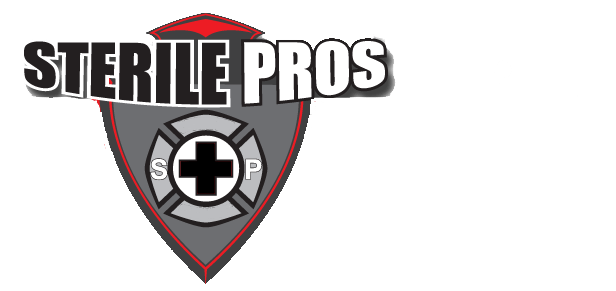Trying to find actual DIY guidance on the internet for how to clean up after a suicide is almost 100% impossible. No matter what query you type into the search box, the only responses you will get are the websites of professional biohazard cleaners.
Why? Because whether you are a grief-stricken survivor or a landlord looking to save money on property remediation after a suicide, cleaning up the scene is not a job for a layperson.
Suicide Cleanup Exacerbates Trauma
Why is suicide cleanup a job for professionals only? Several factors come into play, not the least of which is the trauma involved in viewing so much blood and bodily fluid. For a family member, just witnessing the site of a suicide is excruciating and can cause significant psychological trauma that can be long-lasting. In fact, the experience can cause some survivors to suffer PTSD.
The act of cleaning up after a loved one’s suicide is unthinkable. In the aftermath of a suicide, family members should concentrate on grieving and healing. It is never advisable to visit the site of the suicide until it has been restored to its original condition.
Why Is Suicide Cleaning a Job for Professionals Only?
Strictly from an expertise standpoint, there are many reasons the average person should never tackle large blood spills or bodily fluid leakage.
First and foremost, recognize that any blood and bodily fluids can contain dangerous biohazards. With that in mind, professionals are trained to tackle suicide scenes as potentially hazardous. Teams go in wearing hazmat gear and respirators in anticipation of encountering germs that could cause HIV, Hepatitis B, Hepatitis C, COVID-19, and other life-threatening diseases.
There are strict governmental guidelines in place for handling and disposing of biohazards. You cannot buy a strong enough cleaner off the shelf at Walmart. And you cannot just put blood-soaked refuse in a standard black garbage bag and toss it into the trash can.
What You Should Understand About Suicide Cleanup
It is extremely difficult to completely decontaminate a suicide scene. Strong industrial and hospital grade disinfectants and solvents are required in order to meticulously rid a scene of every dangerous particle. Missing the tiniest thing can leave the door open for future problems. Traces of blood that are left to sit a long time can cause lingering odors that are hard to get rid of; not properly decontaminating a site can lead to health threats.
To make a violent death scene even harder to deal with, cross-contamination is a frequent issue. Investigators tend to spread contaminants from room to room, so that you are not dealing with cleaning a contained space but the whole property. Biohazard remediation pros know how to assess a scene, and only someone trained in pathogen exposure can competently recognize what must be done to restore a property to its original condition.
Knowing what can be successfully cleaned and decontaminated is crucial. Every single porous surface must be thoroughly cleaned and disinfected. Some things, like mattresses, carpet, curtains, clothing, and upholstery, are obvious. But consider this: wooden floors are porous; wallboard is porous; concrete is porous. Suicide cleanup often involves pulling up floors, tearing out wallboard, sanding–or sometimes jackhammering–concrete. Otherwise, the fluids that have penetrated these structural surfaces will cause odors and potential health problems.
The whole process can take a couple of days–not counting the time needed for structural repairs. It may take a couple of weeks of running an ozone machine to rid the property of odors.
Suicide Cleanup and Property Insurance
Death cleanup is challenging business, and it can get costly once you throw in repair work. Fortunately, many standard homeowners’ insurance policies cover remediating biohazard spills and the resulting structural damage.
Unlike life insurance policies, homeowners’ policies do not differentiate between murder, suicide, or any other type of death. Be aware that not everything may be covered; furniture is often excluded. And of course, you will be responsible for meeting your deductible.
Leave It to the Pros
Hopefully, you understand why death cleanup is best left to the experts. While it is not illegal to tackle cleanup on your own, you really shouldn’t. The risks of not doing the job thoroughly are just too great, and without the training, protective gear, and proper tools, the chances of your being able to clean a death scene thoroughly are low.
